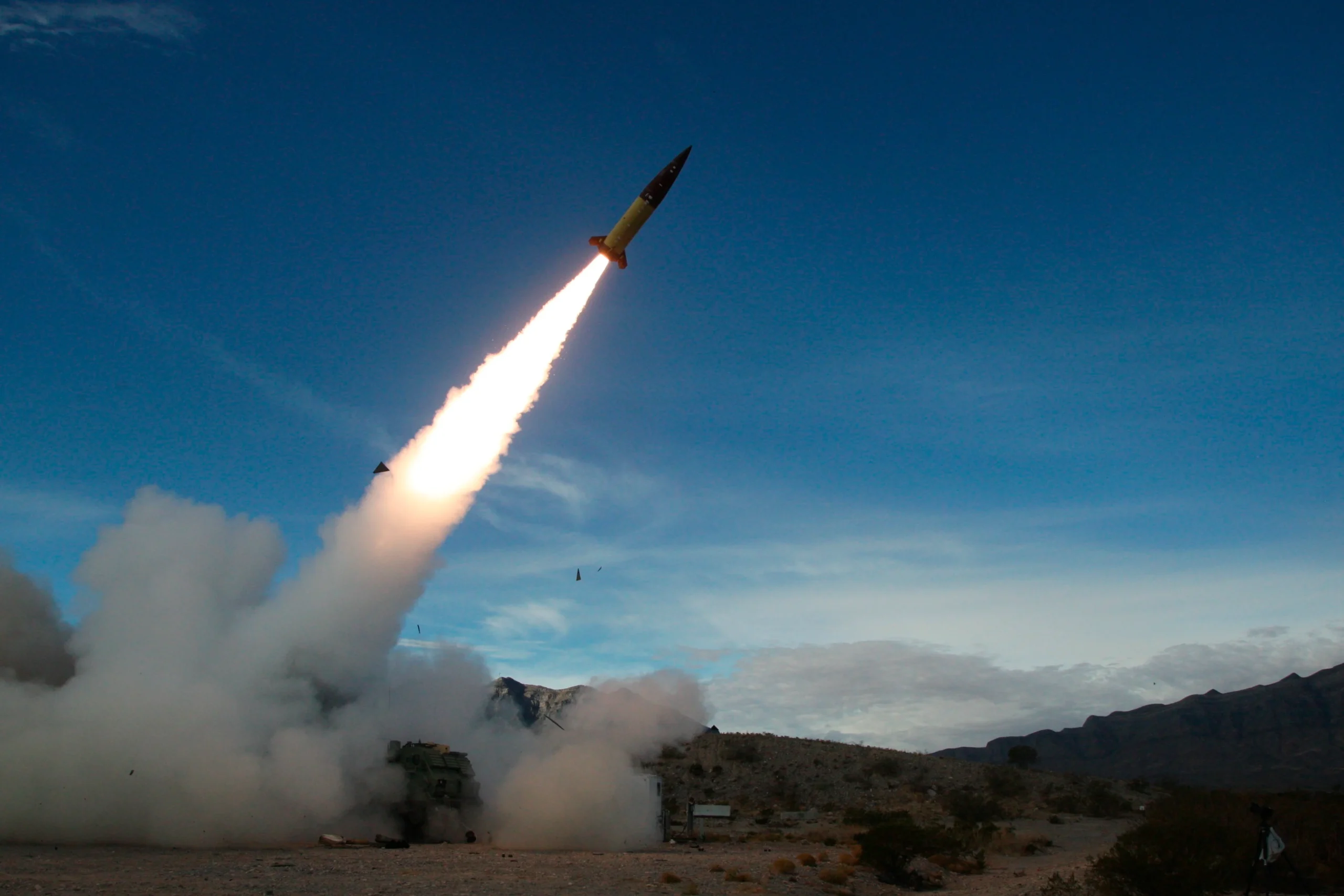On Monday, the Kremlin squarely blamed the United States for an attack on Crimea with US-supplied ATACMS missiles that killed at least four people and wounded 151, and Moscow formally warned the US ambassador that retaliation would follow.
The war in Ukraine has deepened a crisis in relations between Russia and the West, and Russian officials have said the conflict is entering its most dangerous escalation yet.
But blaming the United States squarely for an attack on Crimea – which Russia unilaterally annexed in 2014, although most of the world considers it part of Ukraine – goes a step further.
“They should ask my colleagues in Europe, and especially in Washington, the press secretaries, why their governments are killing Russian children,” Kremlin spokesman Dmitry Peskov told reporters.
According to Russian officials, at least two children were killed in the attack on Sevastopol on Sunday. People were shown running from a beach near Sevastopol and some of the injured were carried on deck chairs. kyiv did not comment on the attack but denies that it targeted civilians.
Russia said the United States had supplied the weapons, while the US military had aimed them and provided data.
“Retaliatory measures will definitely follow,” it said.
Tracy said Washington regretted any loss to civilian life, State Department spokesperson Matthew Miller told reporters, adding that Washington provided weapons to Ukraine, so it could defend its sovereign territory, including Crimea.
Pentagon spokesperson Major Charlie Dietz said that “Ukraine makes its own targeting decisions and conducts its own military operations.”
A US official later said that Ukraine was not targeting civilians. It seemed that the Russians were able to intercept an ATACMS missile that was targeting a missile launcher, and the ATACMS exploded with shrapnel raining down on the beach, the American official added.
President Vladimir Putin has repeatedly warned of the risk of a much broader war involving the world’s biggest nuclear powers, though he has said Russia does not want a conflict with the US-led NATO alliance.
RUSSIAN RETALIATORY MEASURES
US President Joe Biden has ruled out sending US troops to fight in Ukraine and said shortly after the 2022 full-scale Russian invasion that a direct confrontation between NATO and Russia would mean World War Three.
Putin presents the Ukraine war as part of a wider struggle with the U.S., which he says ignored Moscow’s interests after the Soviet Union’s 1991 break-up, then plotted to split Russia apart and seize its natural resources.
Leaders of the West and Ukraine have cast the war as an imperial-style land-grab. The West denies wanting to destroy Russia, which in turn denies intending to invade any NATO member state.
After the United States allowed Ukraine to direct some US weapons into Russia, the Kremlin sent signals that it viewed this as a serious escalation.
Putin has ordered drills to practise deployment of tactical nuclear weapons, suggested Russia could station conventional missiles within striking distance of the United States and its allies, and sealed a mutual defence pact with North Korea.
Washington still prohibits Kyiv from striking recognised Russian territory with ATACMS, which have a range of up to 186 miles (300 km), and other long-range U.S. weapons.
Putin said on Thursday that Russia might supply weapons to North Korea in what he suggested would be a like-for-like response to the Western arming of Ukraine.
Asked what the Russian answer would be to the attack in Crimea, Peskov recalled Putin’s words on June 6 about wider placement of conventional weapons.
“Of course, the involvement of the United States in the fighting, as a result of which peaceful Russians are dying, cannot but have consequences,” Peskov said.
“Which ones exactly – time will tell.”
